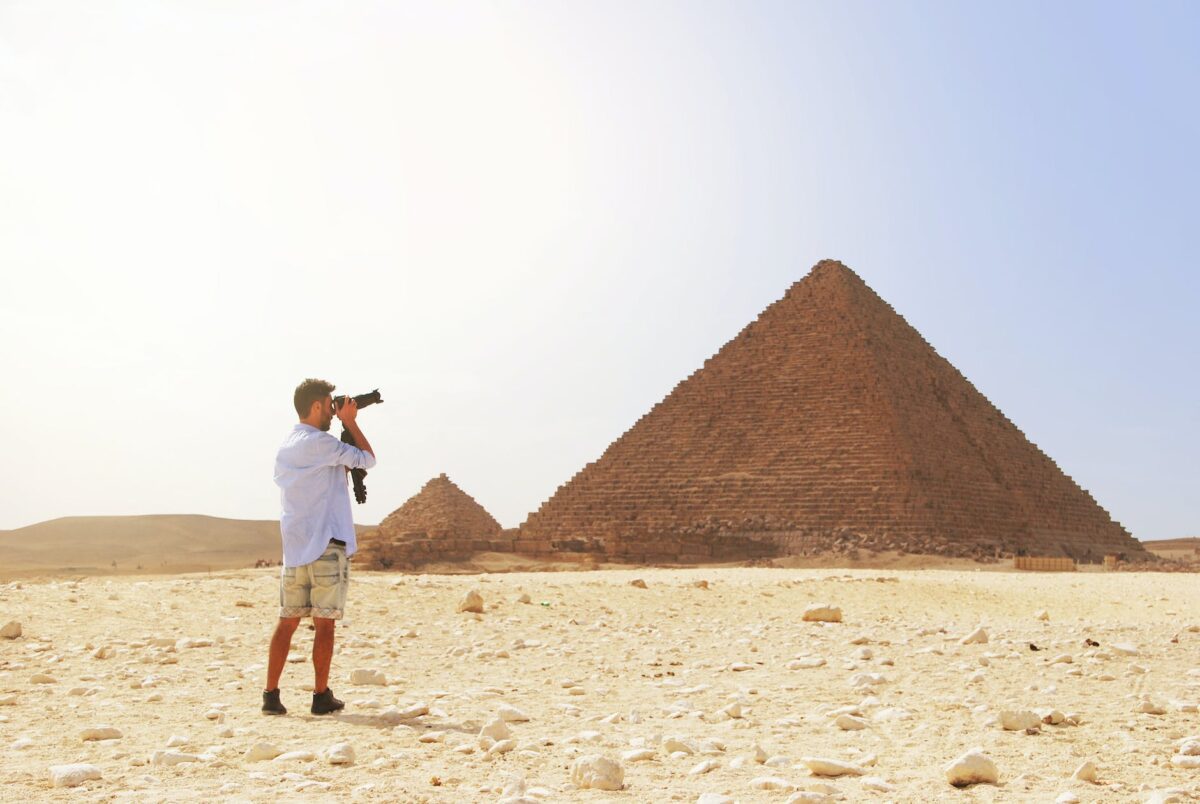The promise of travel has always been transformation: we go away and return changed, more broad-minded, more enlightened about the world. In ‘The Case Against Travel’ (non-paywalled archive view here) Agnes Callard argues that not only does travelling rarely change us, we’re the ones changing the places we visit:
“Touristic travel exists for the sake of change. But what, exactly, gets changed? Here is a telling observation from the concluding chapter of [Hosts and Guests, the classic academic volume on the anthropology of tourism]: ‘Tourists are less likely to borrow from their hosts than their hosts are from them, thus precipitating a chain of change in the host community.’ We go to experience a change, but end up inflicting change on others. …
“We already know what we will be like when we return. A vacation is not like immigrating to a foreign country, or matriculating at a university, or starting a new job, or falling in love. We embark on those pursuits with the trepidation of one who enters a tunnel not knowing who she will be when she walks out. The traveller departs confident that she will come back with the same basic interests, political beliefs, and living arrangements. Travel is a boomerang. It drops you right where you started.”
I believe a certain type of travel can have positive residual effects. However, the majority of touristic travel has what Callard calls a ‘locomotive’ character: Go to Paris. Go to the Louvre. Take a photo of Mona Lisa. Next. In this way, tourists seek not life-altering experiences, but proof to shape their personal narrative for friends and followers.
So why is the appeal of travel so strong? In Callard’s view it’s because we seek escape from the monotony and banality of our everyday existence:
“Imagine how your life would look if you discovered that you would never again travel. If you aren’t planning a major life change, the prospect looms, terrifyingly, as ‘More and more of this, and then I die.’ Travel splits this expanse of time into the chunk that happens before the trip, and the chunk that happens after it, obscuring from view the certainty of annihilation. And it does so in the cleverest possible way: by giving you a foretaste of it.
“You don’t like to think about the fact that someday you will do nothing and be nobody. You will only allow yourself to preview this experience when you can disguise it in a narrative about how you are doing many exciting and edifying things: you are experiencing, you are connecting, you are being transformed, and you have the trinkets and photos to prove it.
“Socrates said that philosophy is a preparation for death. For everyone else, there’s travel.”
It may be harsh and perhaps a bit dark, but Callard hits a nerve. Especially in the age of social media, whatever virtues we used to assign to the traveller are mostly gone. Travel is now often a means to curate one’s personal brand – seeking validation, not transformation.
Via Kai & DD

Leave a Reply…